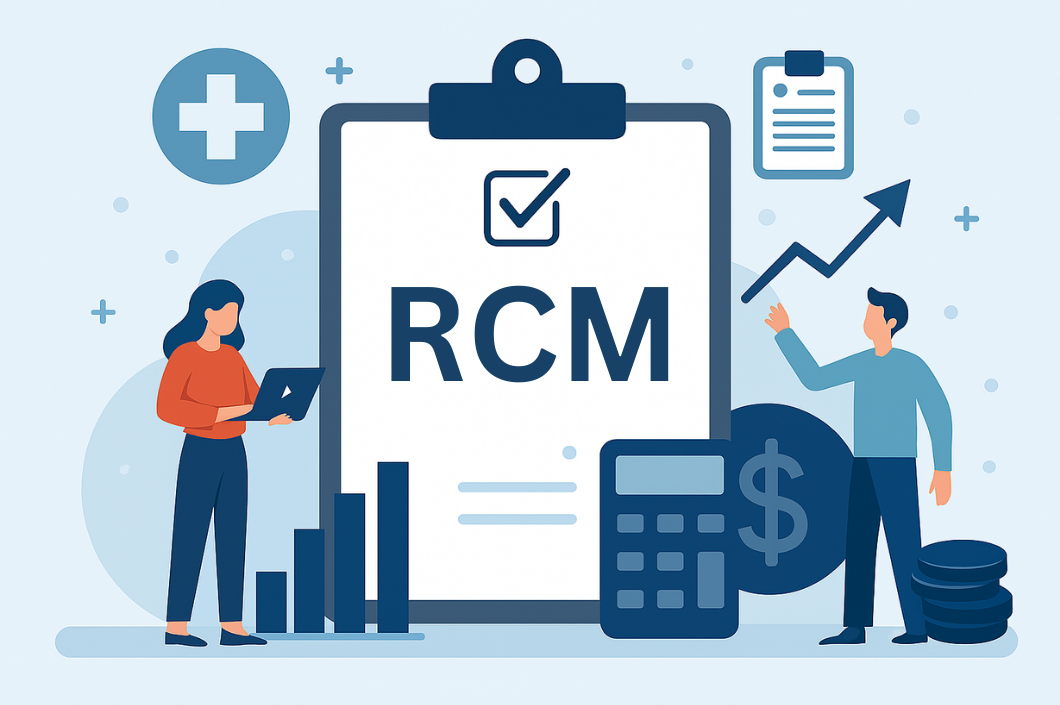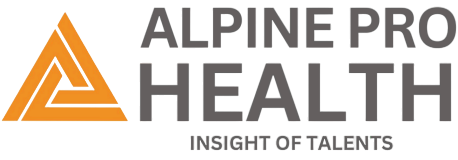Healthcare organizations across the globe are under constant pressure to deliver high-quality care while maintaining financial stability. In this landscape, Revenue Cycle Management (RCM) services have emerged as a game-changer, driving operational efficiency and financial success for hospitals, clinics, and medical practices. This article explores how RCM services are transforming healthcare finance and why they are crucial for sustainable growth.
Understanding RCM: The Backbone of Healthcare Finance
RCM is the financial process that manages the administrative and clinical functions associated with claims processing, payment, and revenue generation. It stretches from patient registration and appointment scheduling to final Reimbursement and reporting. In essence, RCM services streamline the flow of money between patients, providers, and payers, ensuring that every service rendered is accurately billed and efficiently paid.
Key Components of RCM
- Patient registration and eligibility verification
- Charge capture and coding
- Claims submission
- Denial management
- Payment posting
- Reporting and analytics
When these steps work seamlessly, healthcare providers experience faster payments, reduced errors, and improved cash flow.
How Revenue Cycle Management Services Improve Financial Performance?
1. Maximizing Revenue Collection
One of the primary ways RCM services drive financial success is by ensuring providers receive full payment for the services delivered. Through accurate charge capture, thorough coding, and comprehensive claims management, RCM specialists minimize missed charges and undercoding, leading to “increased revenue collection”. Automated eligibility checks and claims scrubbing Reduce claim denials, helping organizations recover revenue that might otherwise be lost.
2. Minimizing Claim Denials and Delays
Denied claims are a major drain on resources and revenue for healthcare providers. RCM services leverage advanced technologies and skilled personnel to detect and correct errors before claims are submitted. This proactive approach drastically cuts down denial rates and shortens the revenue cycle, allowing providers to focus on patient care rather than paperwork.
3. Increasing Operational Efficiency
Managing the revenue cycle in-house can be resource-intensive and prone to inefficiencies. Outsourcing RCM services or implementing specialized RCM technology automates repetitive tasks, reduces administrative burden, and frees up staff to concentrate on core clinical activities. By optimizing workflows and providing centralized oversight, RCM solutions streamline operations and enhance overall productivity.
4. Ensuring Regulatory Compliance
Healthcare billing is subject to strict regulations and constantly changing payer requirements. Revenue Cycle Management service providers stay up-to-date with the latest changes in Medical Coding (ICD-10, CPT), payer policies, and Compliance standards (such as HIPAA). This expertise safeguards organizations against penalties, audits, and legal complications, ultimately protecting their financial health.
5. Leveraging Data for Strategic Decision-Making
Modern RCM platforms offer robust analytics and reporting capabilities. Providers can access detailed dashboards showing metrics like days in accounts receivable, denial rates, and net collection ratios. These insights empower leadership to make informed decisions, identify areas for improvement, and devise targeted strategies for financial growth and sustainability.
Real-World Impact: Case Studies
Example 1: Large Hospital Network
A multi-hospital system was struggling with high claim denial rates and slow reimbursements. By partnering with a specialized RCM service, they implemented automated claim scrubbing and Denial Management. Within six months, their denial rate decreased by 40%, and average payment turnaround time improved by ten days. This translated to millions of dollars in recovered revenue and greater stability for ongoing operations.
Example 2: Independent Physician Practice
An independent orthopedic practice faced challenges with billing errors and patient collections. After adopting a cloud-based RCM platform, they saw significant reductions in billing mistakes and improved patient communication regarding payments. Their net collection rate increased by 18%, allowing them to invest in new equipment and expand their services.
The Role of Technology in RCM Excellence
Technological innovation underpins the effectiveness of modern RCM services. Artificial intelligence, machine learning, predictive analytics, and cloud-based platforms are revolutionizing how providers manage their revenue cycles.
- Automation streamlines repetitive tasks, such as eligibility checks, patient reminders, and claims scrubbing.
- Data analytics helps identify bottlenecks, track key performance indicators (KPIs), and forecast financial outcomes.
- Interoperability enables seamless integration with Electronic Health Records (EHR) and other healthcare IT systems, reducing data silos and improving workflow.
Embracing these tools ensures healthcare organizations stay competitive and responsive in a rapidly evolving market.
Challenges with RCM Implementation
Despite the evident benefits, integrating Revenue Cycle Management services does present challenges:
- Change management: Transitioning from manual to automated processes requires staff training and cultural adaptation.
- Cost: Upfront investment in RCM technology or services can be significant, though the long-term ROI typically outweighs initial expenses.
- Data security: Protecting sensitive patient information is paramount, necessitating robust cybersecurity measures.
Choosing the right RCM partner and fostering internal buy-in is essential for overcoming these hurdles and maximizing benefits.
Future Trends in RCM
- Value-based care models are encouraging providers to track outcomes as well as income, requiring RCM strategies to evolve.
- Patient-centric billing is gaining importance, focusing on transparency and flexibility in payment options.
- AI-powered predictive analytics will further enhance denial management and financial forecasting.
Healthcare organizations that stay ahead of these trends will continue to thrive financially.
Conclusion:
RCM Services as a Catalyst for Financial Success
Revenue Cycle Management services are more than a back-office function; they are a strategic asset for healthcare organizations seeking long-term financial stability and growth. By maximizing collections, reducing denials, increasing operational efficiency, and enabling strategic decision-making, RCM delivers measurable results.
Investing in RCM services isn’t just about getting paid; rather, it’s about building a foundation for sustainable success in a complex and competitive industry. Moreover, providers who prioritize robust RCM processes can face future challenges with confidence, knowing their financial health is in capable hands. Consequently, for hospitals, clinics, and medical practices, embracing the power of Revenue Cycle Management is the path toward a stronger, more resilient healthcare business.


